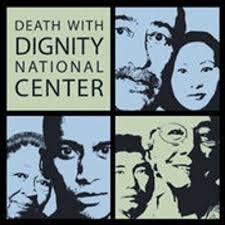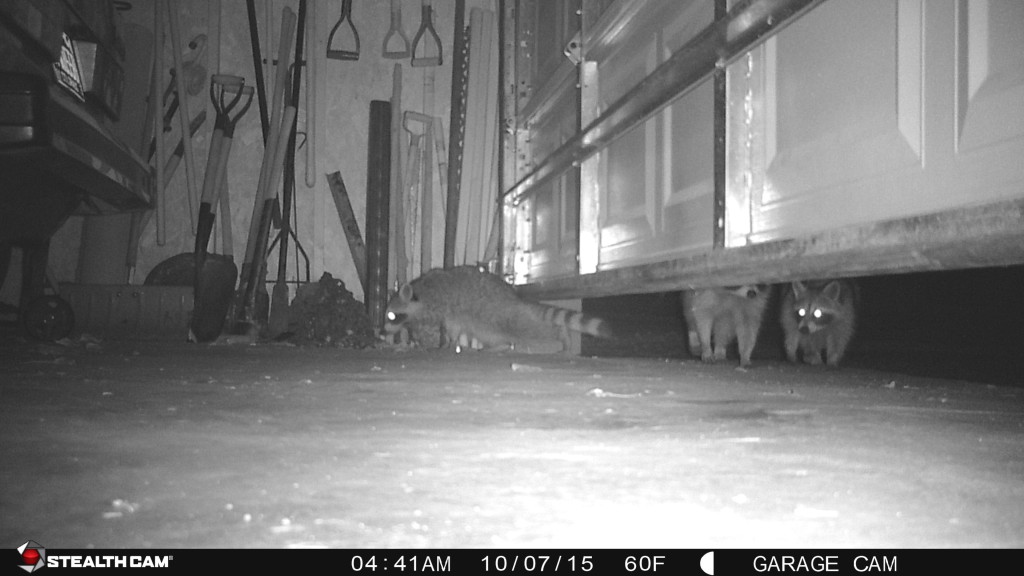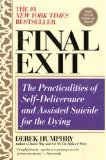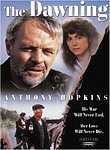 As a member of the Death with Dignity National Center (http://www., I was asked what inspired me to support the cause. Some members have experienced the agonizingly slow death of a loved one and were motivated to become involved to help others. That is their story. Here is my story.
As a member of the Death with Dignity National Center (http://www., I was asked what inspired me to support the cause. Some members have experienced the agonizingly slow death of a loved one and were motivated to become involved to help others. That is their story. Here is my story.
I haven’t had much experience with death. Up until last year, I really hadn’t lost anyone I was close to in my 61 years of living. My beliefs about death were formed by being raised on a farm. Death is a natural part of an animal’s cycle on a farm. Livestock are bred, and born, and butchered. Good farmers make sure that each of those events is managed with respect and compassion for the creatures in their charge. Family pets are not allowed to suffer if mortally injured on the farm or if the quality of their lives is so diminished by age that the kindest thing to do is to put them down.
As an adult with my own small farm to manage, I placed high priority on two things: giving the animals in my care the best life that I am capable of providing them; and guaranteeing them a good death. I employed humane slaughter practices before they were the popular choice, making sure that my animals never suffered during the harvest of their meat. My pets’ health was always a top priority and I was raised to never shrink from the painful decision to euthanize when necessary.
As I entered my 50s and began to formulate a plan to manage my senior years, I realized that I had no caretaker who could be counted on to secure for me the same quality of death that I have spent my life providing for my animals. No one who could mercifully put me out of my misery when my living was done. I have been tremendously successful in managing my entire life, but I quickly realized that there was very little I could do to manage my death.
 In good health and at age 50, I purchased two helium tanks and required paraphernalia to simply have on hand in an effort to ease the worry I felt about losing my sovereignty and autonomy were I to be incapacitated. I have no spouse or family or close friends, so if I can’t provide for myself, my quality of life will be in serious jeopardy. I created a legal environment that would help others care for me and advocate on my behalf for a quality death. I’ve created medical durable powers of attorney and video-taped myself stating my frame of reference and how I would like to die. I’ve placed in prominent areas around my house do-not-resuscitate orders and contact information where to send my body in the event I die. I’ve got all conceivable bases covered.
In good health and at age 50, I purchased two helium tanks and required paraphernalia to simply have on hand in an effort to ease the worry I felt about losing my sovereignty and autonomy were I to be incapacitated. I have no spouse or family or close friends, so if I can’t provide for myself, my quality of life will be in serious jeopardy. I created a legal environment that would help others care for me and advocate on my behalf for a quality death. I’ve created medical durable powers of attorney and video-taped myself stating my frame of reference and how I would like to die. I’ve placed in prominent areas around my house do-not-resuscitate orders and contact information where to send my body in the event I die. I’ve got all conceivable bases covered.
But there is absolutely nothing I can do to make sure that I have a good death. And there is nothing I can do to help someone help me have a good death. I can’t even ask friends to listen to me talk about these things lest they be placed in legal jeopardy. Mere mention of self deliverance risks being labelled suicidal and perhaps carted off to the state sanatorium.
I have accepted the fact that in all likelihood I will die alone. That is okay as long as I die well. Right now, there is no guarantee of a good death. My involvement with Death with Dignity and other similar groups is simply insurance that I can at least contribute to what I hope will eventually be positive change in our country’s inhumane treatment of people wanting to no longer live. I still have a lot of life in front of me, and I plan to pack every day of it full of joy, and curiosity, and delight. But not a day goes by without the niggling worry that I might have to endure unimaginable atrocities prior to death that my country’s politicians will inflict on me in their quest to remain electable. I was raised to treat all living creatures as I would like to be treated myself. I fear that no one will be allowed to do the same for me.
That’s my story. The good people at the National Center want to hear from you. What’s your Death with Dignity story? What inspired you to support the cause? What does Death with Dignity mean to you?
Click here to share your story:
https://actionnetwork.org/forms/share-your-story-7?source=email&&
 I couldn‘t figure out which of my four garage cats had learned how to pry the lid off of the cat food bin. So I purchased an inexpensive trail camera to allow me to see what was going on in the garage during the night. When I fed the cats this morning and saw the cat food bin lid on the floor, I couldn’t wait to check what photos the little camera had taken.
I couldn‘t figure out which of my four garage cats had learned how to pry the lid off of the cat food bin. So I purchased an inexpensive trail camera to allow me to see what was going on in the garage during the night. When I fed the cats this morning and saw the cat food bin lid on the floor, I couldn’t wait to check what photos the little camera had taken.




